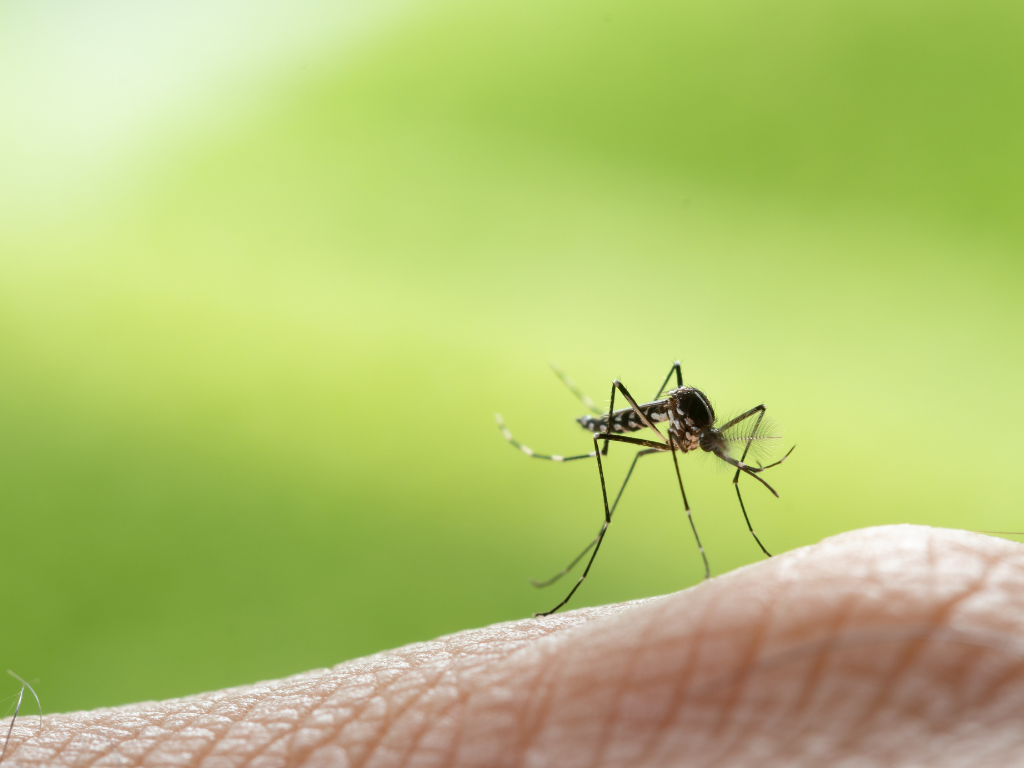The experience of having malaria in Nigeria often contrasts sharply with perspectives from other parts of the world. This article delves into the common Nigerian viewpoint on malaria, where it’s frequently seen as an everyday ailment to be ‘shaken off,’ rather than a serious health threat requiring immediate and comprehensive care. This perspective is shaped by a variety of factors, including the prevalence of the disease, experiences with partial immunity, and economic considerations.
We’ll explore the statistical impact of malaria in Nigeria, the typical symptoms experienced, and the common approaches to treatment, including the use of over-the-counter medications and traditional remedies. We’ll also discuss the critical issue of counterfeit drugs in the Nigerian market and how this affects treatment outcomes. Finally, we’ll touch on the concept of partial immunity and its role in shaping perceptions of the disease.
The Stark Reality: Malaria Statistics in Nigeria
Despite the seemingly casual approach to malaria in Nigeria, the statistics paint a grim picture. According to the World Malaria Report, approximately 200,000 deaths occurred from malaria in Nigeria in 2023. Furthermore, Nigeria accounts for nearly 27% of the world’s total malaria burden, ranking it first globally. These figures underscore the significant health challenge that malaria poses in the country. However, these statistics may not fully capture the extent of the problem, as many individuals do not seek formal medical care, relying instead on self-treatment or traditional remedies.
The reasons behind this reluctance to visit health centers are varied, including long wait times, bureaucratic hurdles, and the perceived availability of alternative treatments. This lack of formal reporting can lead to an underestimation of the true impact of malaria on the Nigerian population.
Recognizing Malaria: Symptoms and Self-Treatment Practices
In Nigeria, the initial symptoms of malaria are often mistaken for stress or hunger. Headaches, muscular pains, and fatigue are common early signs. Many people attempt to alleviate these symptoms with rest, food, and over-the-counter painkillers. However, as the illness progresses, more pronounced symptoms such as nausea, loss of appetite, and fever develop. The fever can vary in severity, with some individuals experiencing convulsive fits and vomiting, particularly in younger patients.
Self-treatment is a widespread practice, with many Nigerians opting for readily available over-the-counter medications or traditional remedies. Some individuals may not complete the full course of medication, discontinuing treatment once the fever subsides. This incomplete treatment can contribute to drug resistance and recurrent infections.
Partial Immunity: A Double-Edged Sword
Repeated exposure to malaria can lead to partial immunity, where individuals are protected from the most severe symptoms of the disease. This partial immunity can shape perceptions of malaria, leading some people to view it as a minor inconvenience rather than a serious illness. As illustrated by the story of the immunology professor, individuals who have lived in malaria-endemic areas may not even realize they have the disease until their symptoms become severe enough to warrant medical attention.
While partial immunity can provide some protection, it is not a substitute for proper diagnosis and treatment. It is still possible to experience significant health complications from malaria, even with partial immunity.
The Shadow of Counterfeit Drugs
A significant challenge in malaria treatment in Nigeria is the prevalence of counterfeit drugs. Reports indicate that approximately 70% of medications in the Nigerian market are substandard or counterfeit. This poses a serious risk to patients, as these fake drugs may not contain the active ingredients necessary to combat the disease. In emergency situations, where immediate and effective treatment is crucial, the use of counterfeit drugs can have devastating consequences.
The story of the wealthy man who stocked up on fake drugs highlights the potential dangers of counterfeit medications. Despite receiving treatment, his condition did not improve until he was given medications from a different source. This underscores the importance of sourcing medications from reputable suppliers and verifying their authenticity.
Understanding Oxidative Stress and Malaria Treatment
Malaria infection subjects the body to oxidative stress, which is caused by the production of free radicals. These free radicals can damage DNA, contribute to aging, and lead to various health problems. Antimalarial therapies often exacerbate oxidative stress, as they function by increasing it to harm the parasite. While this approach can be effective in eradicating the infection, it can also cause collateral damage to the host’s body.
Consuming antioxidant-rich foods, such as fruits and vegetables, can help mitigate the effects of oxidative stress and expedite recovery from malaria. However, it is important to consult with a healthcare professional for proper diagnosis and treatment.
The Importance of Adequate Treatment and Rest
In conclusion, the common perspective of ‘shaking off’ malaria in Nigeria belies the seriousness of the disease and the challenges associated with its treatment. While partial immunity and self-treatment practices may play a role in shaping perceptions, it is crucial to recognize the potential dangers of counterfeit drugs and the importance of seeking proper medical care. Adequate treatment, combined with sufficient rest and a healthy diet, is essential for recovery and preventing complications.
Ultimately, it is important to shift the mindset from viewing malaria as a minor inconvenience to recognizing it as a significant health threat that requires prompt and effective intervention. As my American friend’s concern reminded me, prioritize health, seek proper treatment, and take the rest needed to fully recover.
